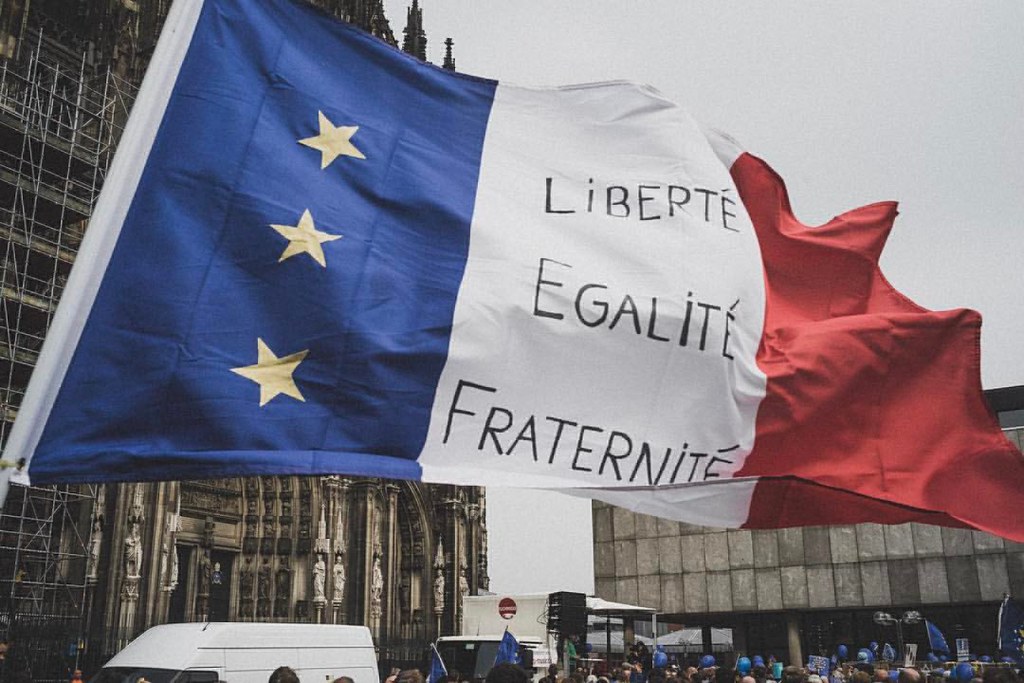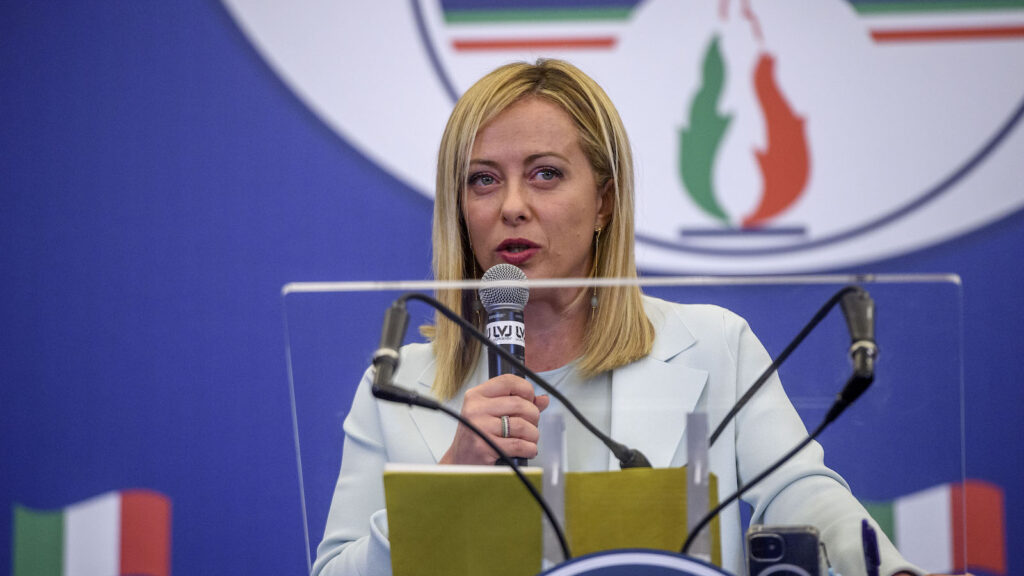Is the European Right Growing in Power?

The upcoming French presidential elections will be the next epicenter of the battle between the political center and the extreme right.
The extreme right appears to be surging across much of Europe. France’s presidential election looms in April, and extremist candidates are dominating the media’s attention. Two candidates on the far-right are vying to replace current centrist President Emmanuel Macron: Marine Le Pen and Éric Zemmour.
This week, the Altamar team of Peter Schechter and Muni Jensen is joined by Alain Frachon, senior columnist for the French newspaper, Le Monde. Frachon was previously the newspaper’s foreign editor and correspondent in Jerusalem and Washington, D.C. He is the author of several books, including L’Amérique Messianique: Les Guerres des Néo-Conservateurs and La Chine Contre l’Amérique: Le Duel du Siècle.
Will the Right Win the French Elections?
The upcoming French presidential elections will be the next epicenter of the battle between the political center and the extreme right, but what led to this newfound popularity of extremism in the country?
“I think there is a deep identity crisis in France, different kinds of fears which are feeding this crisis. There was a market [vacuum] on the extreme right, [and] Éric Zemmour is filling it,” explains Frachon. Sometimes Zemmour focuses on the same political topics as Marine Le Pen, including strong anti-immigration, anti-globalization, and anti-EU rhetoric, but Zemmour adds a cultural component.
“Marine Le Pen is not launching any kind of cultural war. She’s a classical demagogue, like [former President] Donald Trump, for instance, but not when it comes to economic policy. [She offers] simple solutions, anti-elitism, and being the only one to talk ‘for the people.’ Using this term ‘the people,’ which doesn’t mean anything, but [they are] using and abusing it. This is the landscape on the right in France,” explains Frachon.
In these last 10 or 20 years, you have a definite slide to the right among the electorate. It’s an electorate which is getting older and older. And this slide to the right has two topics to exploit: immigration and law and order, which are sometimes combined.
“You can say that we’ve been through terrorism. You can say our neighbors in the Middle East are at war. You can say we are frightened with the evolution of the demographics in Africa. You can say we’re going through difficult times of permanent technological disruptions. And when you add all that, you have this result. It sounds to me extremely similar to what is going on in the United States,” continues Frachon.
Part of the reason the right is successful is that leftist politicians are nowhere to be seen, and they’re not offering any solutions to these deep-rooted fears.
The Traditional Left Is Missing
“One of the problems we have in France, and probably will have for the time being, is that the Left has not been able to understand these [deep-rooted fears about globalization, immigration, etc.]. The Left is not fighting on the grounds it should be fighting. [They’re not fighting about] purchasing power, fair competition, and strong unions,” says Frachon.
The spreading extremism is palpable in Europe and around the world. “I think it is going to be a trend which is going to be with us for quite a long time. It’s a permanent trend, and it’s a permanent feature of our political lives. And it will take time,” explains Frachon. He adds that, “There are specificities in France, but [let’s] put these things aside and accept that immigration poses problems. Integration is difficult. That’s Éric Zemmour’s [platform]. He says integration does not work … [that] all these people born in France, they are French now, but first of all, they are Muslims, and we don’t know where their fidelity lies. [Zemmour says that] they cannot become French,” explains Frachon.
“I consider that they can become French. They are French. [There is] more success in integration than what is said in the press. Immigration poses problems, but immigration is more important than it has ever been. Immigration is a need. We need immigration.”
Unlike the extreme factions in the United States, in France, the right-wing is a huge proponent of state intervention, especially when it comes to the economy. “This is why Marine Le Pen is successful. She’s a protectionist, she’s a statist, she’s in favor of a bigger intervention of the state in the economy. She’s in favor of some kind of ‘miracle nanny’ state, and she’s in favor of massive public spending. She’s very skeptical regarding the free market economy,” comments Frachon.
Young People Want More Equality
“Young people in France tend to vote for the right. And Marine Le Pen is very strong among young people, which is something, for people of Peter’s generation and mine, it’s very bizarre. We were not expecting such a thing. But look, there is a rise in inequality inside nations … and we need more equality. This is what the young people are saying. They may be voting for the right, but they are saying we want a fairer tax system, we want protection for private data, we want to protect the environment.
“There is the danger of being too pessimistic. This is what I call the trap of catastrophism. The young people may be voting for the right, at least in the case of France, but the reasons for which they vote and the kind of changes they want, I would agree with.”








